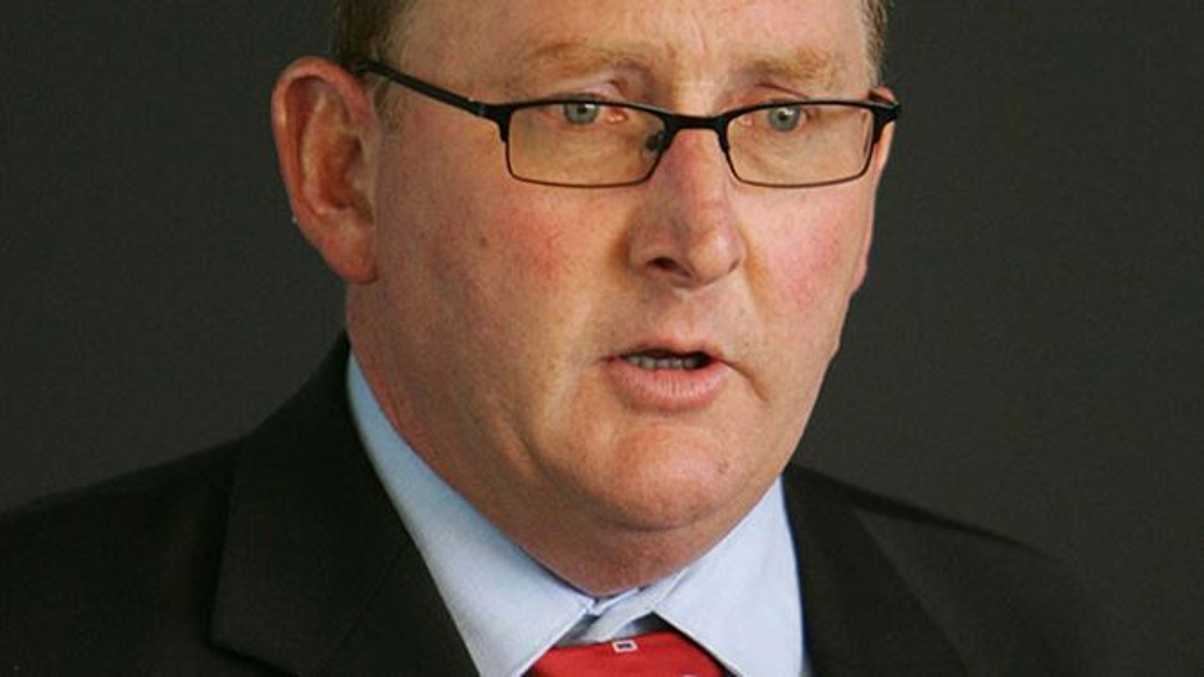Disclosure highlights differences in SWF governance
IFSWF chairman Adrian Orr says there is much that non-sovereign funds can learn from the Santiago Principles, especially in regards to transparency and good governance.

Sovereign wealth funds are not renowned for their openness, but that perception is being challenged by the willingness of 29 of the world’s largest state investors to abide by standards known as the Santiago Principles.
Sign in to read on!
Registered users get 2 free articles in 30 days.
Subscribers have full unlimited access to AsianInvestor
Not signed up? New users get 2 free articles per month, plus a 7-day unlimited free trial.
¬ Haymarket Media Limited. All rights reserved.


